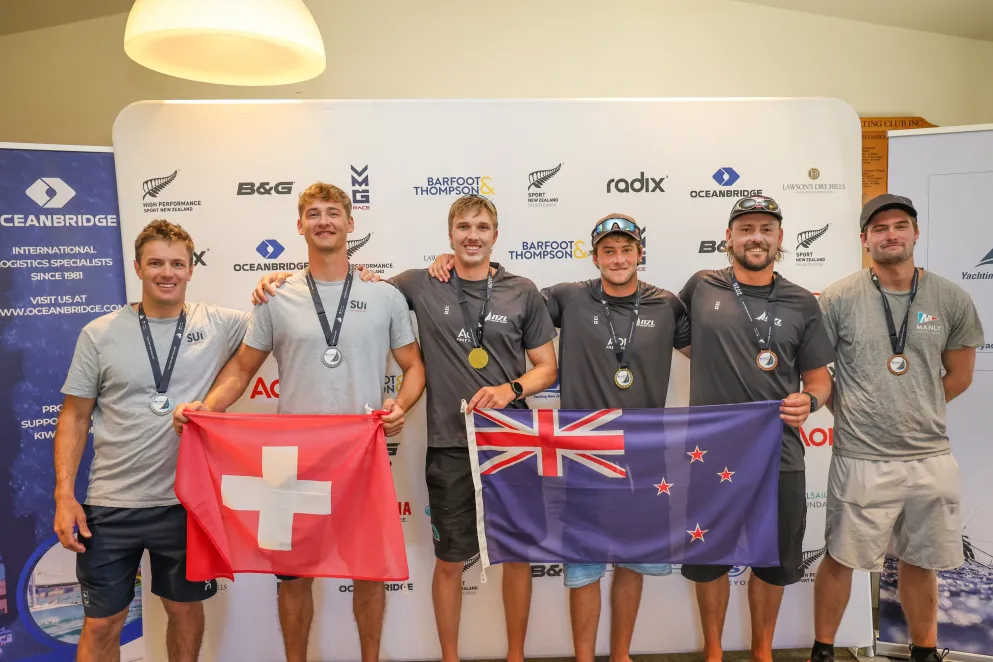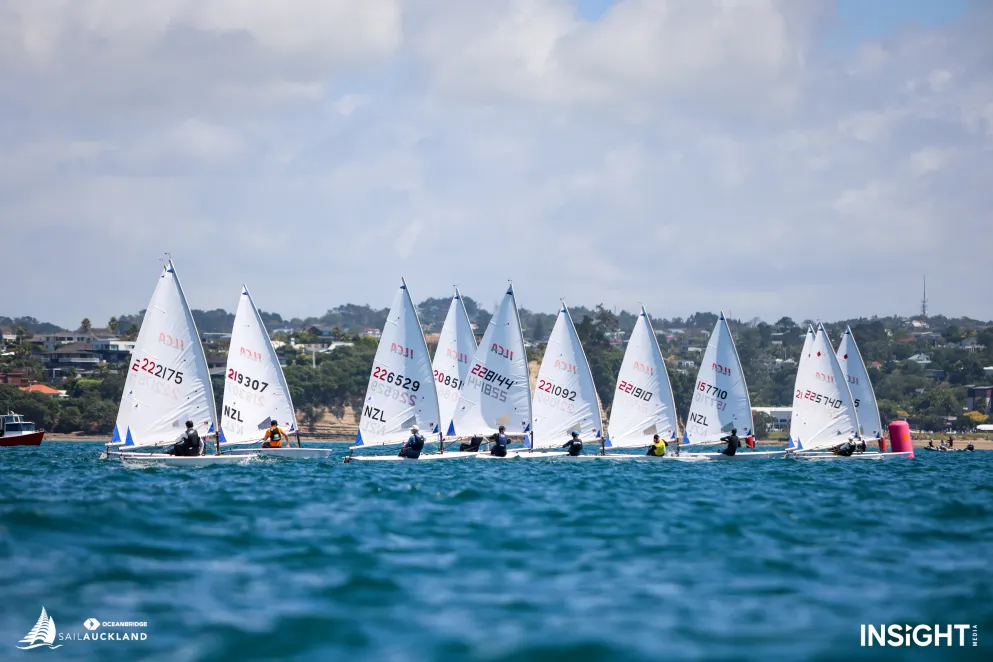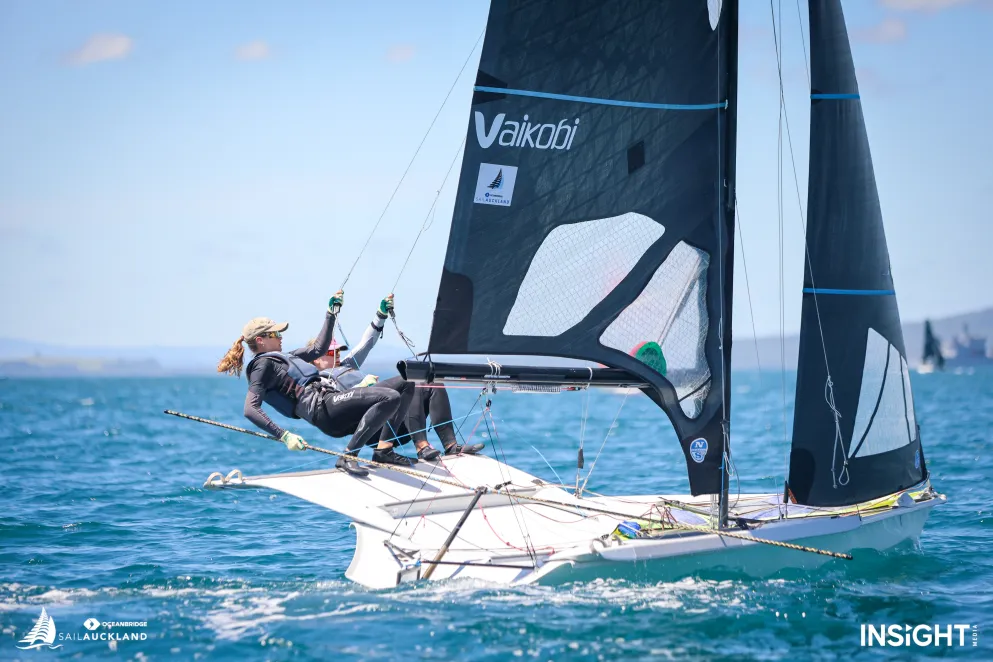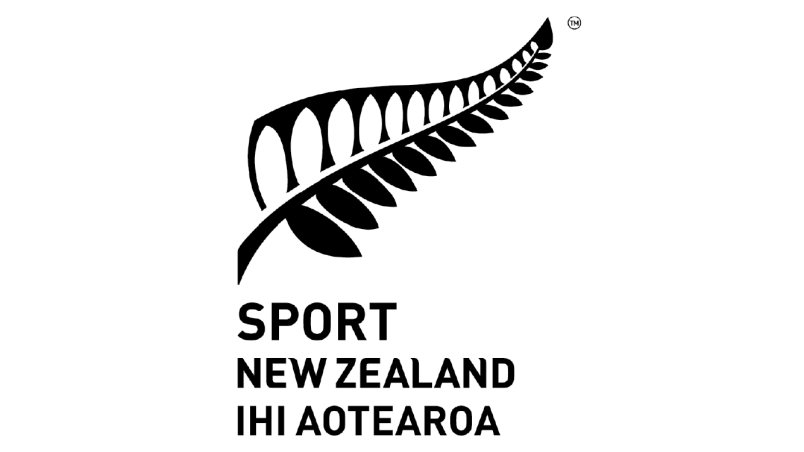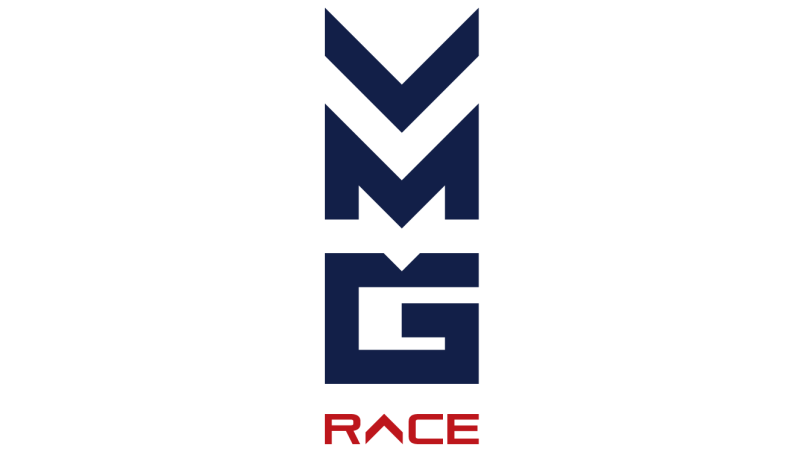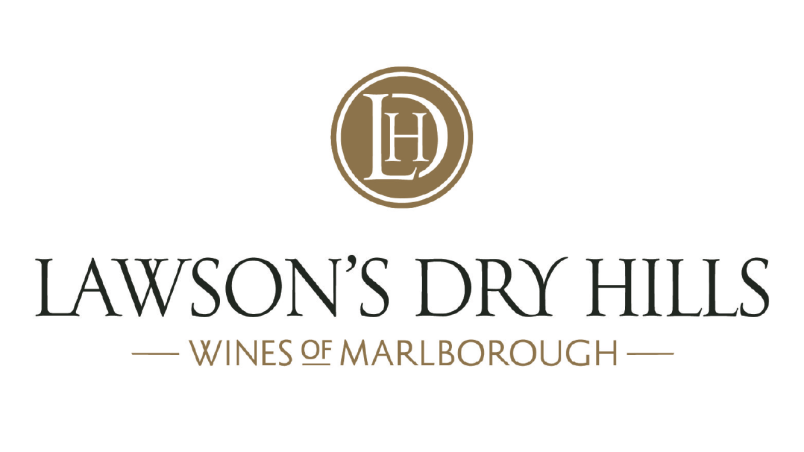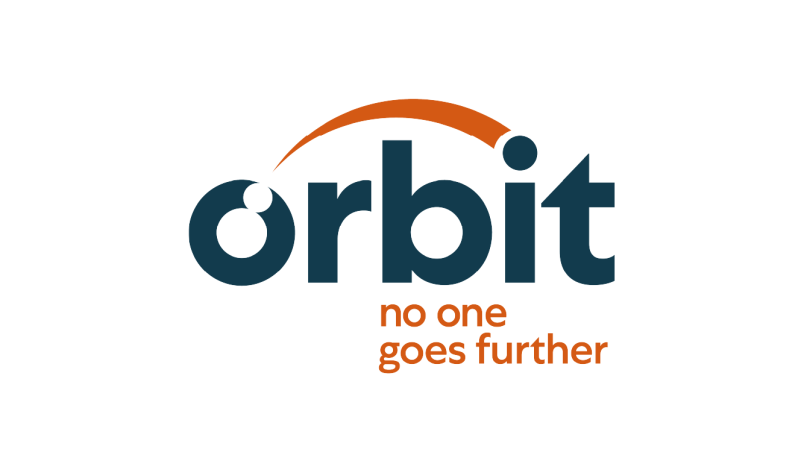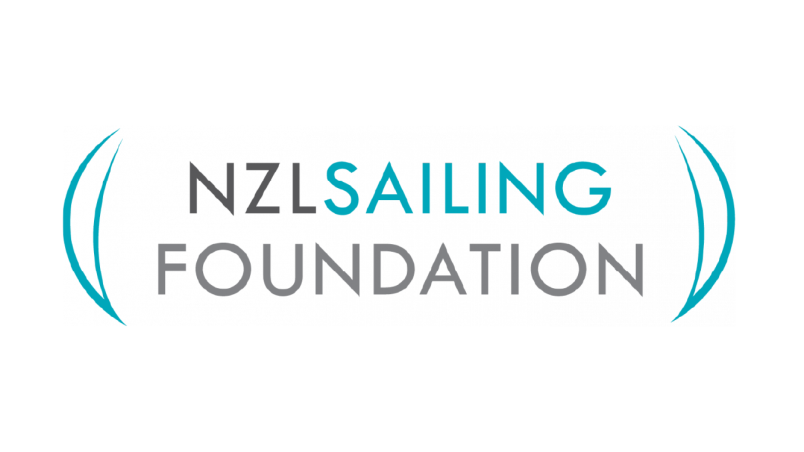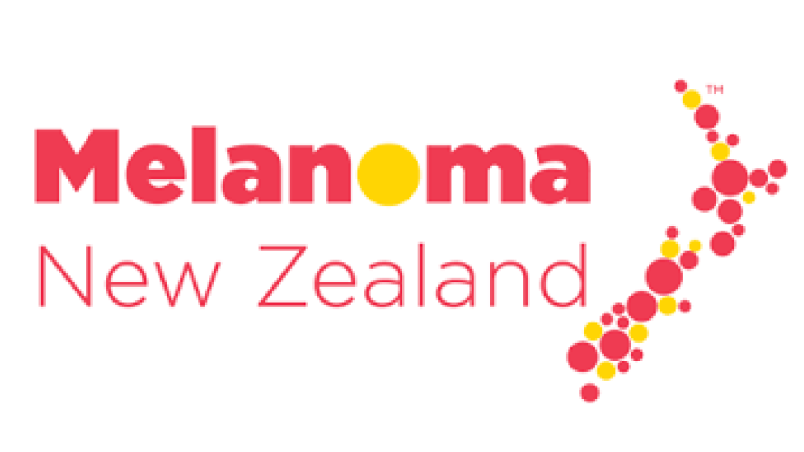Spotlight on: Melanie Parkin
Melanie Parkin wears several different hats – she is the commodore of Worser Bay Boating Club, mum to 8-year-old Cormack, wife to Jason, and an avid skiff sailor.
She is also a professional change specialist, who has led the club through the impact of Covid-19 and continues to navigate challenges around funding, participation, and volunteer numbers.
In the latest of a new regular feature shining the spotlight on the New Zealand yachting community and the people at its heart, we talk to Parkin about her many roles – as well as about diversity, inclusion, and change.
How long have you been the commodore at Worser Bay and how did that come about?
This year will be my third season and like many of these types of roles, it was a bit of a voluntold thing – I think I was approached at a weak moment!
I’m no stranger to the operations and governance of a yacht club…there is a fantastic team of folk who run things. I’m simply a facilitator of it all.
What do you get up to when you’re not at the club?
I sail as much as I can. I have a very busy 8-year-old son and professionally I freelance as a business change and transition specialist. I balance that with a couple of dogs, cruising and fishing and other sports when there is time.
The number of female commodores in the country has increased but they are still in the minority. Why do you think that is?
I’m the third female commodore at WBBC and our current committee is made up of 90 per cent wahine. So, in my frame of reference, we have no gender skew.
On a national level…sailing remains a male-dominated sport and with it remains a generation that has a stronghold on the governance.
While gender diversity has matured, there is work to do across the entire industry. The lack of females at a governance level can perhaps come down to purely numbers – there are not enough women involved in the clubs at the governance level. However, I’d say there are also pockets of culture that get in the way.
I can’t say I have faced many gender-specific challenges. WBBC’s culture is that of inclusivity and leading the club has been awesome.
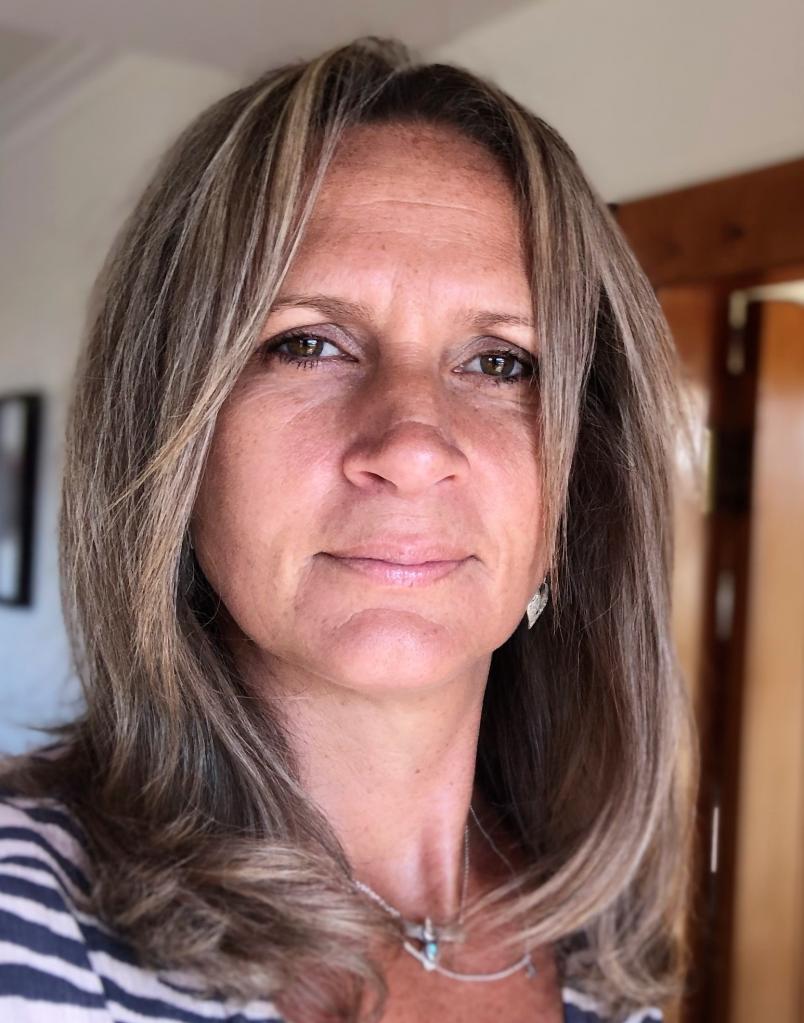
How do we get more girls and women involved in sailing?
I’m a massive supporter of women's events such as the Waikawa Women’s Regatta, and I will happily bust the myths about sailing being too physical for the girls. Yet, only focusing on the gender barrier isn’t what we need - it’s a much wider question on diversity and inclusion.
Making clubs a safe place for our tamariki and demonstrating that sailing is for life is what I’m mostly interested in doing.
In my opinion, overall growth and sustainability is the more pressing issue.We’re not seeing the fleet numbers we used to see and clubs are struggling to grow membership.
Traditional ways of operating and governance need to be challenged because, in our current environment, the entire risk profile of a club sits with only a few people who, for most of the clubs in NZ, are volunteers.
It requires a multi-faceted approach that will be different for every club.
What has been some of the challenges you and your team have faced?
The past three years have been extraordinarily tough on many levels, and we are not alone in the challenge of managing an organisation through that period. The impact of a global pandemic, people’s capacity and cognitive load being tapped out and the funding pipelines drying up were some of the bigger challenges we faced.
WBBC had also just come out of an extremely big project of rebuilding the club, which took a lot of energy, time and goodwill (not to mention massive financial support) from our membership and supporters.
By the time the project was finished, those members needed a well-deserved break. We found tapping into a different pool of people to help run events, regattas, and general operations difficult yet it gave us an opportunity to tap into new members and whānau.
And the successes?
The win we take out of the last three years is we still have a viable club. We have held several large regattas and our focus has been on retaining our culture and atmosphere. We retained our membership numbers and because of the RŪNĀ programme, we are starting to see some strong numbers coming into our Opti sailing programme.
How did you get into sailing?
I was born into it and really had no choice! My dad and brothers sailed, and I grew up holidaying in our 37ft keeler. All I knew was sailing, and even when we were cruising life aboard was all about getting the boat going as fast as we can.
I have sailed 12ft skiffs for about 20 years – so I’m still learning. I started sailing the 12 with my now husband, and we still sail together. I also sail with our mates’ super cool Shaw 7 sports boat Daisy Duke.
I love the sound and feel of a rudder first landing at 20kn+ in the 12 right through to the banter on the rail or wire. While I like the extremes, the stand-out factor about sailing for me is the people - he tāngata, he tāngata, he tāngata.
The 12-footers and the sport boats are my favourite classes - fast and forever humbling when you get it wrong - and the folks who sail them are some of the best humans I know.
And your favourite sailing destination in New Zealand?
I’m split between Wellington – some of the fastest and most furious rides - and the Bay of Islands… Bay Week is my favourite regatta.
What advice would you give to girls considering taking up the sport?
Get curious, ask questions, and get out of your own way. If you want to sail get fit and strong and, most importantly, have a mindset that finds enjoyment in the sport and don’t let anyone take that feeling away from you.

